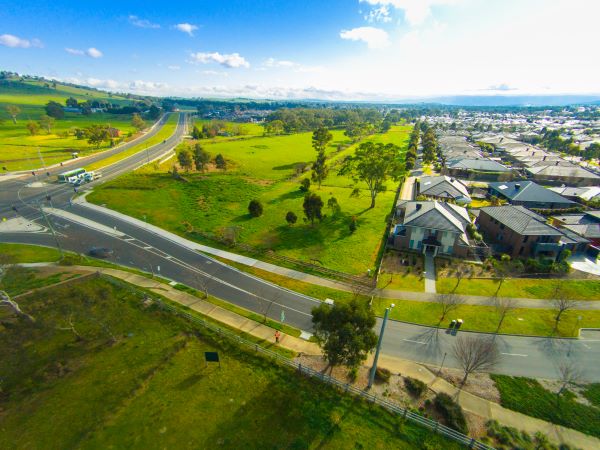News

As Australian economists debate the possibility of a recession in 2024, with migration driven population growth a possible saviour, the National Growth Areas Alliance (NGAA) is urging the Government to be on the front foot and plan for housing accordingly. The NGAA is set to submit a comprehensive proposal to the Federal budget, recommending the government assess recent settlement patterns and formulate a national settlement forecast. The data derived from this analysis will play a pivotal role in establishing realistic housing targets for each state and territory, as part of the National Housing Accord.
“It’s essential to ensure appropriate forward planning for housing needs, especially in our growth areas,” emphasises NGAA CEO Bronwen Clark. “This involves not only housing but also the necessary infrastructure and essential health, education, and community services."
NGAA’s Federal budget submission serves as a robust reminder to the government of the increasing trend of people choosing to reside in the fast-growing outer suburbs of capital cities. “The numbers don’t lie,” states Clark. According to a recent report from .id Informed Decisions, the population of Australia's growth areas experienced an average annual growth rate of 2.9 percent from 2016 to 2021, surpassing the national growth rate of 1.2 percent during the same period.
The NGAA's submission underscores the imperative need for the government to align policies with the evolving settlement patterns and demographic shifts across the country. By taking proactive steps now, the government can ensure sustainable development, build resilient communities, and meet the needs of the more than 5.3 million Australian’s residing in these recently established and new housing corridors.
The NGAA is the peak body for local governments in Australia’s outer metropolitan growth precincts, advocating to state and federal governments about the challenges and opportunities these areas face. The Alliance represents more than five million people living in Australia’s fast-growing suburbs, united by the shared experiences of population growth rates at double the national average and long-term under-investment in vital infrastructure.
More News
Game-Changer for Outer Suburbs: NGAA Celebrates Suburban University Study Hubs Announcement
28 . 11 . 2024 Read morePopulation Boom & Gloom: Infrastructure Funding Fails Fastest Growing Communities
22 . 11 . 2024Announcement from NGAA Chair Cr Deeth
26 . 09 . 2024Announcement from NGAA Chair Cr Deeth, Deputy Mayor Wollondilly Shire Council.
Read moreThe Case for a Unified Urban Policy: Insights from Bronwen Clark at UDIA WA
04 . 09 . 2024Recently our CEO, Bronwen Clark, was invited to speak at the Urban Development Institute of Australia Western Australia (UDIA WA) event in Perth. Themed A Shared Vision for Urban Growth in our Cities: Understanding the Draft National Urban Policy and What It Means for Perth, this event brought together 200 WA town planners and developers from the private and public sectors.
Read more
